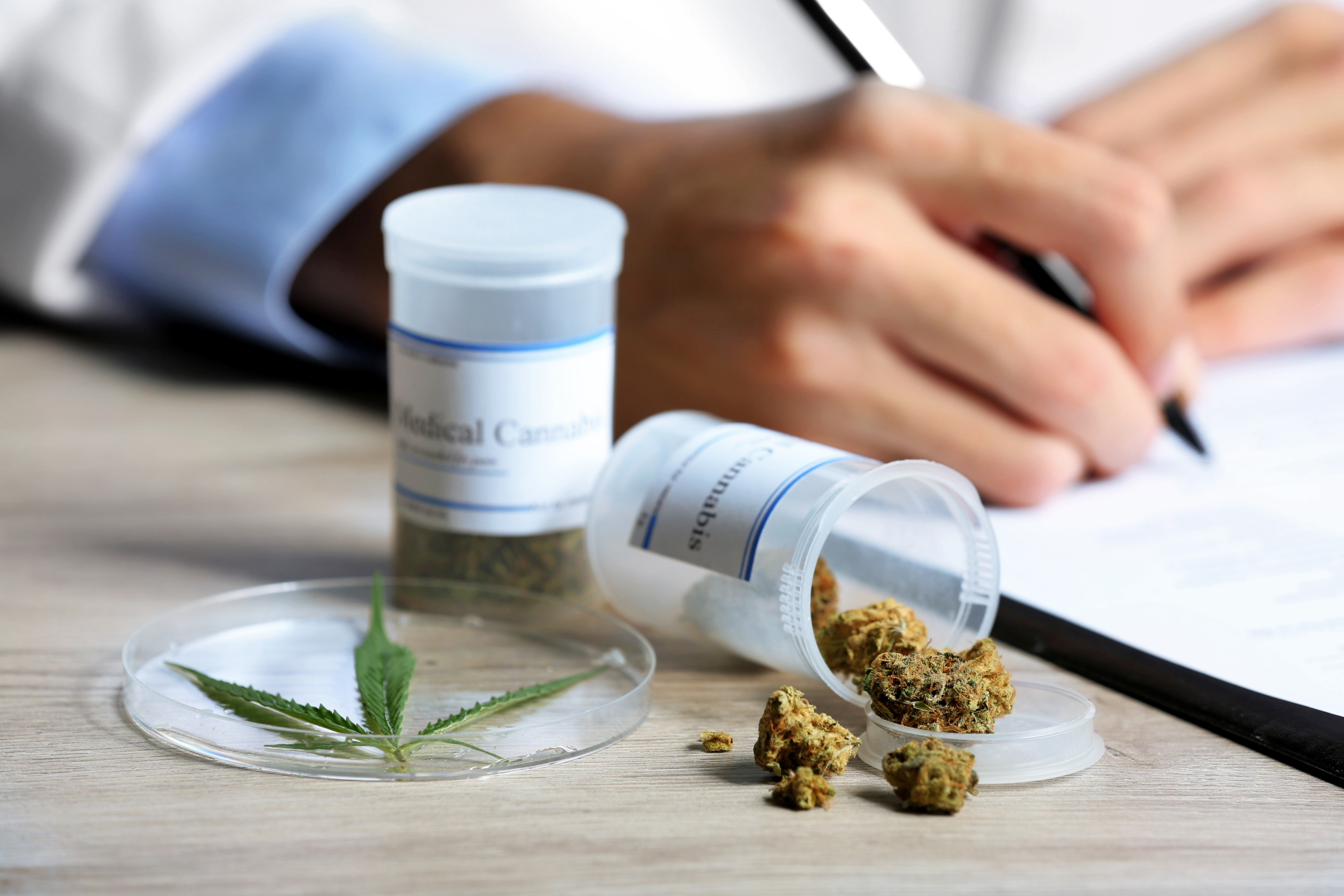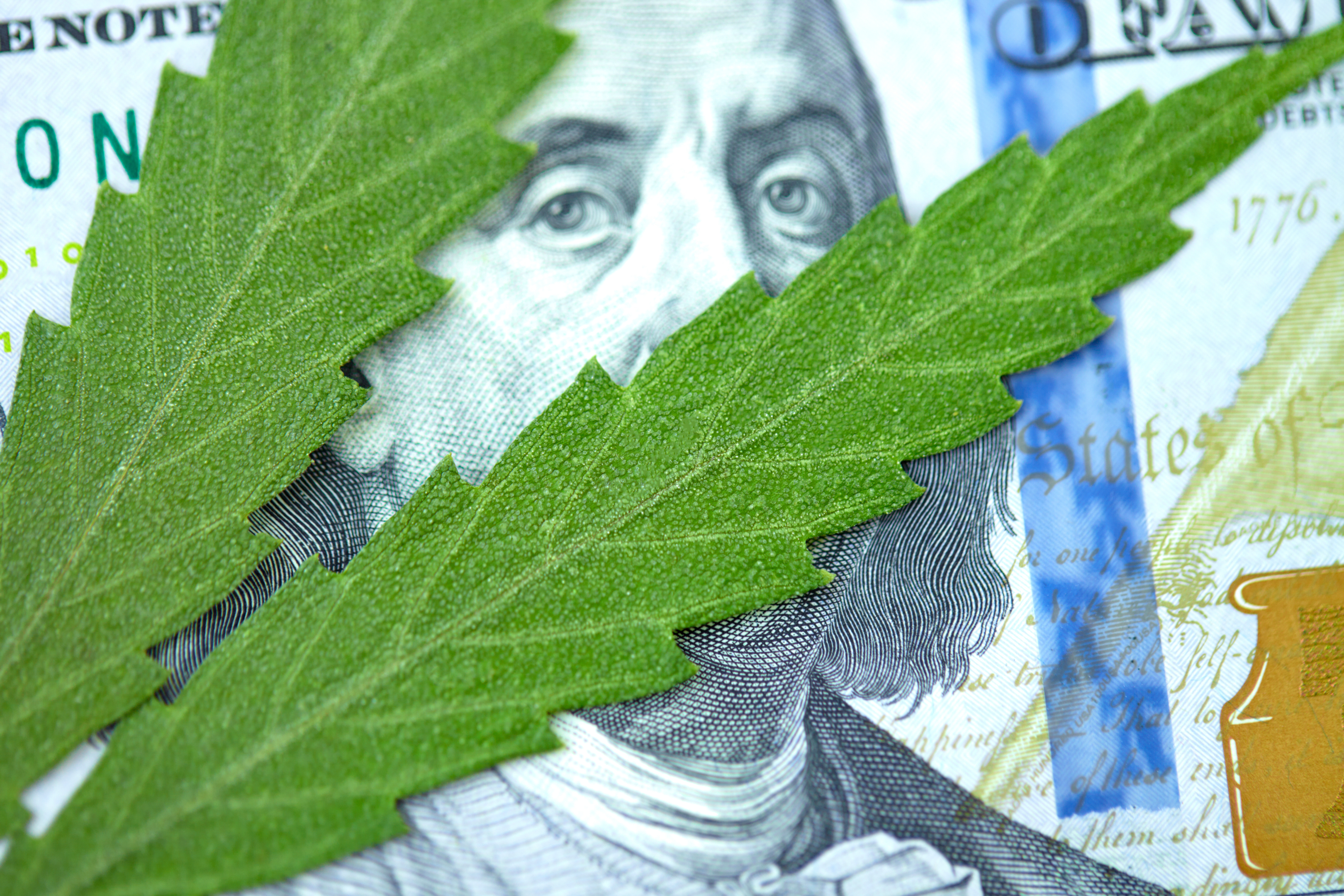
The state of Arkansas has recently taken a groundbreaking step in utilizing tax revenue from medical marijuana purchases to fund a significant cause – school lunches.
This initiative not only highlights the positive impact of the cannabis industry but also addresses a crucial social issue: food insecurity among school children.
The industry launched by the legalization of medical marijuana in Arkansas has opened new avenues for social contribution, particularly in the realm of education. The significant tax revenue generated is set to finance not only free meals but also reduced price meals for students.
This initiative represents a collaborative effort between the cannabis industry and state administration, showcasing a progressive approach to utilize gains for public good.
By providing both free lunch and affordable meal options, the program stands as a beacon of hope for addressing nutritional needs in schools, marking a commendable step in how state finance can be innovatively directed towards societal benefits.
Medical Marijuana Revenue Steps Up for School Meals

Arkansas’s decision to allocate a portion of its medical marijuana revenue to fund school meals is a commendable example of how the cannabis industry can contribute to society in meaningful ways.
The utilization of cannabis tax for low-cost or free school lunches signifies a proactive approach by the Arkansas department in addressing food insecurity. As Arkansas medical cannabis continues to grow, the Arkansas department has found a positive way of affecting Arkansans, especially the younger generation.
Cannabis Tax for School Lunches: Benefitting from Medical Marijuana Purchases

With $115 million collected in sales tax, the state has agreed to distribute $87 million to schools across Arkansas. This funding will provide low-cost and free lunches, greatly benefiting students and easing the burden on families struggling with food insecurities.
AMMC/DFA spokesperson Scott Hardin remarked on the significance of this move, emphasizing its impact on the community:
“What that’ll mean is, if someone is on a reduced school lunch, if they are now paying 50 cents to a dollar, that medical marijuana revenue steps in and pays that to ensure that a student gets that for free,” Hardin explained.
“So really students in the state will be not having to pay whatever that burden is. 50 cents, a $1.50 to have reduced school lunch so it really is, it’s affecting Arkansans in a positive way.”
The Role of Arkansas Voters and the Constitutional Amendment
The success of this program can be traced back to Arkansas voters who, through a constitutional amendment, enabled the launch.
Since the program launched, it has steadily contributed to the state’s economy and, more importantly, to vital social programs.
Tracking the Impact: Anticipating the Future of School Meals and Wellness Programs

As Arkansas embarks on this innovative journey, leveraging medical marijuana sales for school meals, it will be interesting to see the program’s evolution in its first nine months and beyond.
The potential impact on school-based health and wellness programs could be substantial. By using tax revenue from medical marijuana purchases, the state has a unique opportunity to enhance the quality and variety of meals offered in schools.
This initiative promises not just to address food insecurity but also to improve the overall nutritional standards of school lunches. The anticipation is high regarding the types of free and low-cost meals that will be introduced and how they will contribute to the health and academic performance of students.
Potential to be an Example for Other States
The success of this program could set a precedent for other states, showcasing the positive ripple effects of integrating medical marijuana revenue into public welfare projects.
As we track the progress of this initiative, the focus will be on its ability to effectively provide nutritious meals to children in need and how it positively influences their educational journey.
The role of Arkansas medical cannabis in this societal contribution marks a significant step in demonstrating the industry’s capacity to pay forward its success in a meaningful and transformative way.
The Future of Cannabis Business and Social Responsibility

As the cannabis realm continues to evolve under federal law, initiatives like this demonstrate how medical marijuana can play a role in broader societal issues.
It is a testament to the potential of the cannabis sector in not just being about sales and profits but also about contributing to the community in a substantial way.
As this program takes root, it’s a reminder of how innovative thinking and resource allocation can transform communities. The use of medical marijuana tax revenue to nourish the minds and bodies of young students in Arkansas could pave the way for similar initiatives nationwide, setting a precedent for how industries can contribute significantly to societal well-being.